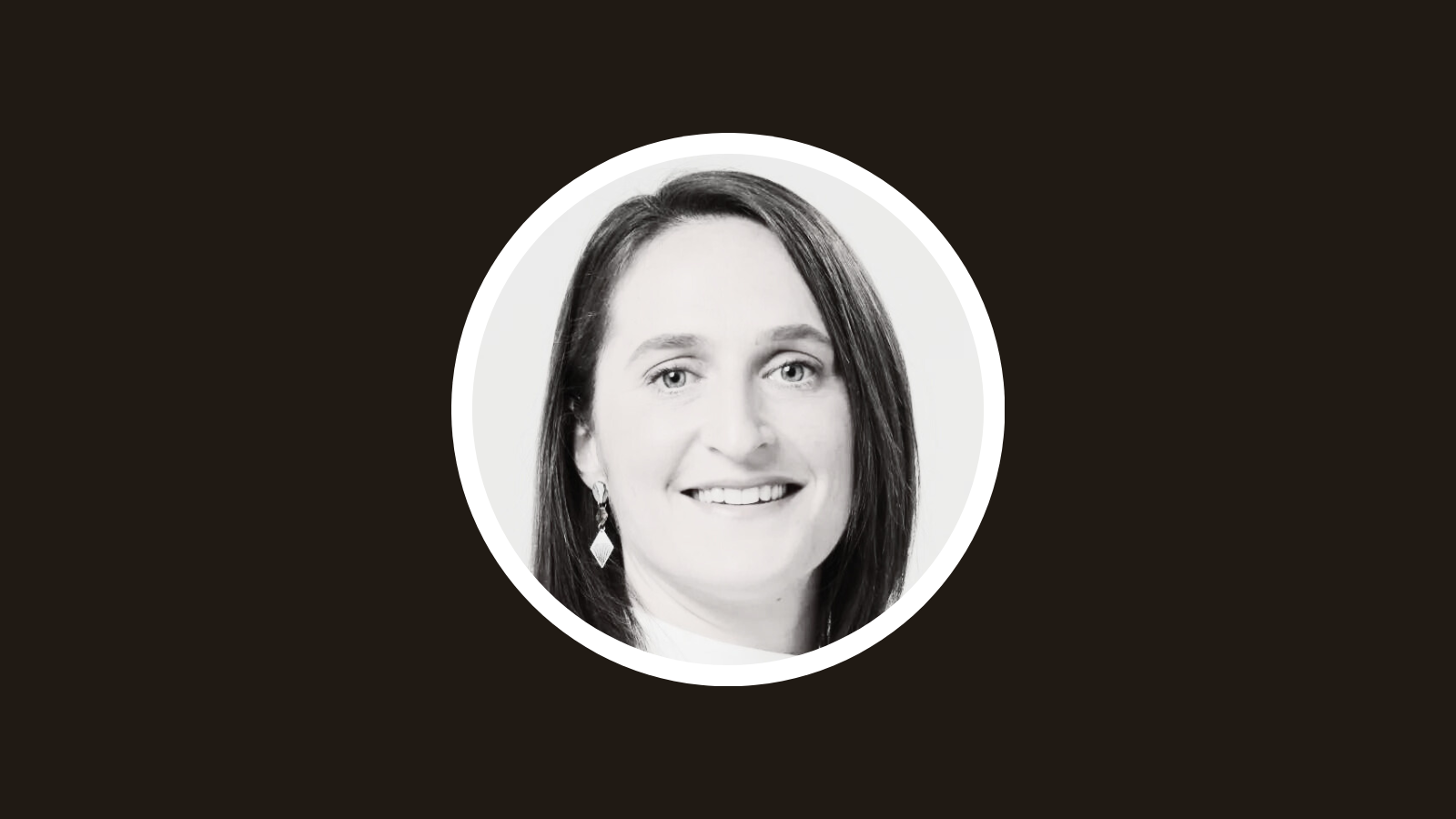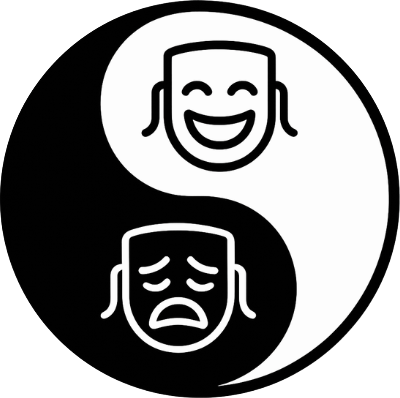#Verified: Dr Elise Facer-Childs
We're excited about this one.
Featuring a sleep expert in our #Verified series has been a top priority for a hot minute – goodness knows we actors could do with some expertise on the subject 🤦 Fortunately, we were able to conscript one of the world's best: Dr Elise Facer-Childs.
Elise is on a bold mission to "improve lives through sleep and chronobiology". And as head of the Facer-Childs Lab at Monash University and founder of Peak Sleep to Elite, she's doing just that – in both the professional sporting sphere (currently with St Kilda's AFL team) and the wider world. Elise is also a member of the Australian Sleep Society, European Biology Rhythms Society, Sleep Research Society, and Society for Research on Biology Rhythms, so rest assured, she's well and truly #verified!
Here, we speak to Elise about sleep vs. diet and exercise, light exposure, and the age-old "to nap, or not to nap" debate.

Few people hold the title of "internationally renowned sleep expert". Can you tell us a little about your journey to this point?
Elise Facer-Childs: I actually never thought I'd end up in academia. I was initially interested in studying medicine, but discovered a fascination for chronobiology while completing my Honours dissertation on human biorhythms at the University of Birmingham, in the UK – quite a while ago now! This inspired me to pursue a Master of Science and PhD to further research chronobiology and its connection to sleep, brain function, and health.
I moved to Australia in 2019 and set up the Facer-Childs Lab in the School of Psychological Sciences at Monash University. The main aim of our work is to integrate with industry partners in elite sport to look at how we can optimise sleep and chronobiology to enhance recovery and performance. Alongside this, I run a business – Peak Sleep to Elite – that provides tools and services to organisations and individuals looking to improve sleep health and optimise their productivity and performance.
When it comes to factors influencing peak performance and holistic well-being, where does sleep sit in relation to diet and exercise?
EFC: I may be slightly biased, but I would say sleep is one of the biggest – if not the biggest – factors influencing peak performance and well-being. We all know how it feels to have a bad night of sleep, but perhaps don't realise the magnitude of this. There's a huge amount of physiological, metabolic, and epigenetic changes linked to chronic lack of sleep and being out of sync with your body clock.
It's wild that, despite its significant influence, sleep can still be a hard sell to many. What stats have you found to be the most compelling?
EFC: We know through the Sleep Health Foundation that one in three people have some kind of sleep issue, which is a big proportion of the population.
Some of the first research I did investigated individual differences in the timing of peak performance across the day. One of the most striking findings is that performance varied by up to 26% for some people. Given most sporting – and other – events are determined by very small margins, 26% was a huge variation to see.
Wow... That is huge. Any thoughts then on how early bird actors can set themselves up for success during a run of evening performances? And on the flip side, night owl actors navigating super early call times?
EFC: There are things you can do to try and shift your body clock. The main factor we talk about is light because that's the biggest influence on your clocks.
However, it's really hard to give general advice without knowing more about the specific person in question. As you can imagine, there are hundreds of factors that influence your behaviour, psychology, and physiology. I don't think there is any "one-size fits all" strategy, but firmly believe in personalising strategies to fit the individual and their lifestyle. These techniques and potential interventions also require carefully monitored practices by educated professionals with expertise in sleep and chronobiology. There are too many people out there claiming to be "sleep coaches" with no credentials, so make sure you seek the correct advice if you need it!
Where do you stand on the nap debate?
EFC: Great question. Napping can be beneficial, but it depends on when during the day you choose to nap and how long you nap for. As a general rule of thumb – though, again, it's best to personalise to the individual – don't nap too late in the day and try to keep it under 30 minutes. In addition, if you don't sleep very well at night already, napping during the day could make this worse. It's best to seek advice from an expert if you feel it's easy to nap during the day but not at night.
Your own performance – in this case, research output – is incredibly impressive. Are there any routines or tools you'd attribute this to?
EFC: Thank you! I guess I have to practice what I preach. After working in the field for over ten years, I'm pretty aware of my own sleeping patterns, rhythms, and what works best for me. At the end of the day, there are certain things you can't control – work schedules, family – but there are a huge number of things you can change – and many of these could positively impact your sleep and well-being.
Elise's qualifications: BA (Hons) Human Biology, Master of Science (Chronobiology & Human Biology), Doctor of Philosophy (Chronobiology).
Big props to Elise for her time. You can learn more about Elise's work on Peak Sleep to Elite's website and say hello via Twitter. If you do, let her know you're from the Dojo 👊
